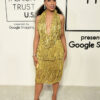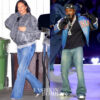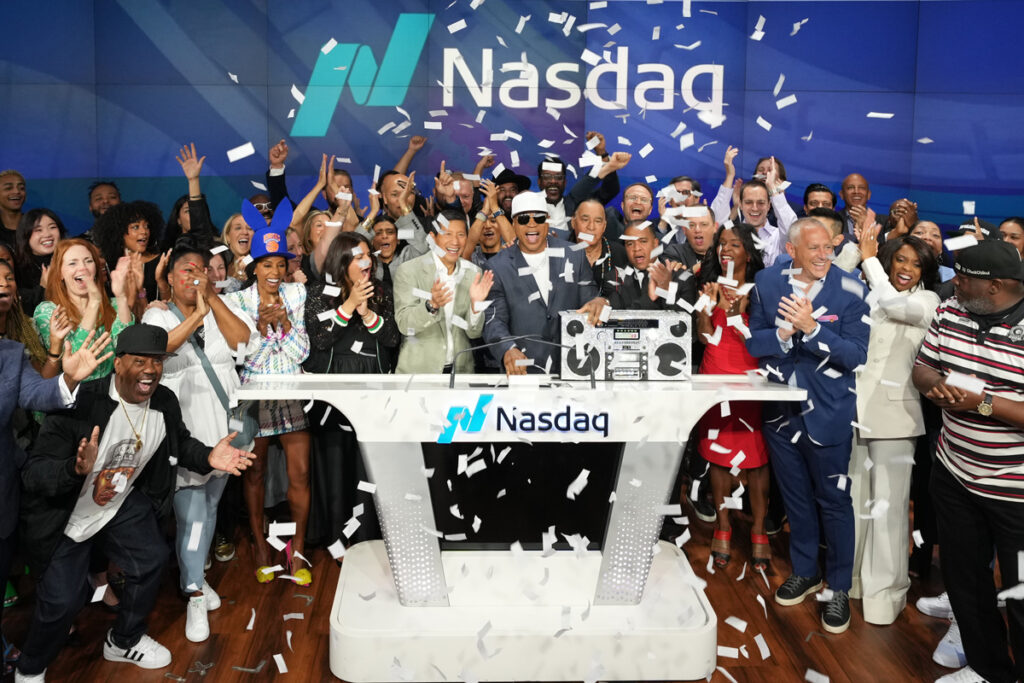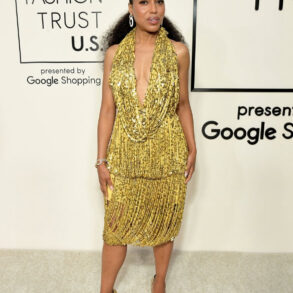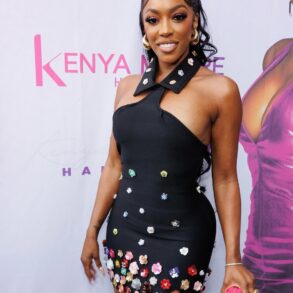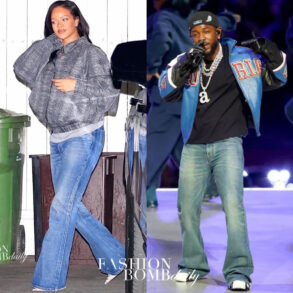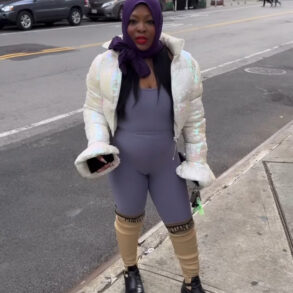What once originated as a form of creative self-expression by people who were socioeconomically disadvantaged was now being used to sell products and jockey for market share and brand equity. Unfortunately, the very pioneers and communities that inspired the poetry, rhythmic sounds, beats and scratches, the breakdances and the graffiti art that emerged from that era—save for exceptions like LL—have largely been left out of the financial rewards and long-term equity enjoyed by entities that had no real connection—emotional or otherwise—to its source.
As 2023 rolled in, so did the onslaught of tribute campaigns and the army of brands aligning themselves with hip-hop’s golden anniversary. Many of them, such as Sprite, Timberland and Hennessy, were organic, entertaining and firmly on brand, while others were lackluster, detached and, in some cases, blatantly performative attempts to connect to a culture and community they’ve roundly ignored.
Parallels to the conversations around DEI notwithstanding, several brands knocked it out of the park when it came to executing authentic campaigns, activations and initiatives that not only understood and resonated with the culture but, more importantly, also included them in more than just the conversation. Which, for Generation X—who stands firmly in the center of that conversation, and who often goes ignored by brand marketers clamoring for younger audiences despite being loyal customers with an expenditure of more than $80,000—has been a very welcome bonus to reconnecting with the artists of their youth. (Tours featuring the old-school artists consistently sold out during a summer in which many younger rap artists saw show cancellations due to lagging ticket sales.)
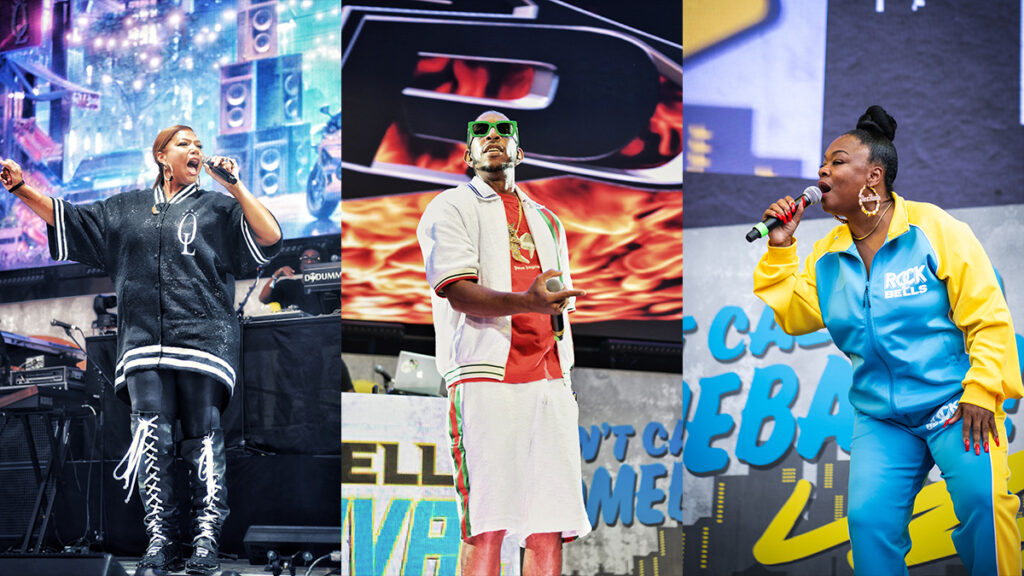
“It’s important for brands to be authentic in how we show up,” Mars Wrigley’s chief marketing officer, Gabrielle Wesley, told the audience at the Nasdaq event. Mars Wrigley’s M&Ms brand was among the sponsors for the Rock the Bells Festival, which also included partnerships with Walmart, Procter & Gamble and The James Beard Foundation, which curated a Black-owned food vendor marketplace.
This post was originally published on this site be sure to check out more of their content.

